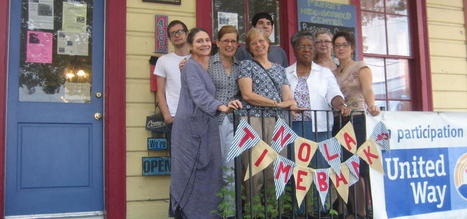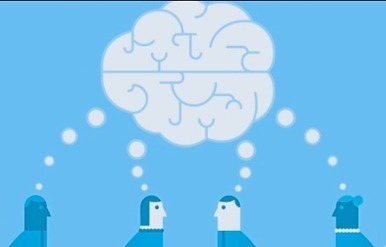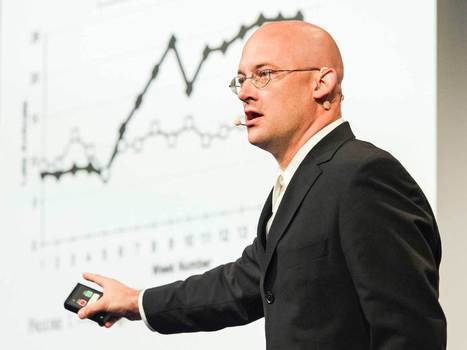Official Full-Text Publication: Combining internal and external motivations in multi-actor governance arrangements for biodiversity and ecosystem services on ResearchGate, the professional network for scientists.
Get Started for FREE
Sign up with Facebook Sign up with X
I don't have a Facebook or a X account
 Your new post is loading... Your new post is loading...

Eli Levine's curator insight,
June 17, 2014 9:13 PM
Interesting.
It's been known that, in fields of work that require cognition, being paid higher amounts actually decreases production and overall performance. The conclusion that was reached in the study (which was done in Harvard and replicated in India) is that you pay people in top, cognitive positions enough money to make it not be a concern for them in order to maximize productivity. The same study also found that, for menial tasks, being paid more increased productivity and performance.
If you want to figure out how to configure compensation packages in your company to maximize performance, here is the data to show you the general principles of what needs to be done. Minimum wages are good, but too high of a minimum wage will kill small companies and start ups. Once you have a solid revenue stream established, it makes sense, based on the research, to divvy up the funds equitably amongst the white collar and blue collar employees, such that the white collar folks, especially on top, get paid a smaller ratio in proportion to the blue collar workers. After all, you can only have so much wealth and derive so much well being from that wealth. What's the point of spoiling productivity in your own company for the sake of it, let alone, for the sake of the whole economy that will benefit from having wealth be significantly more equitably distributed to all of those who produce the wealth?
It's not like a McDonalds or Starbucks job is actually all that easy a job to do. Those who think otherwise clearly never worked or have forgotten what it was like to work in cramped, hot, fast paced environments dealing with the general public.
The science is there. Whether anyone will listen to it without some coercion is another issue.
Think about it. |
|







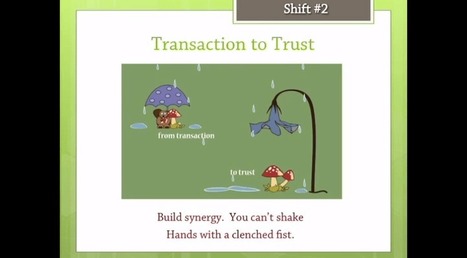

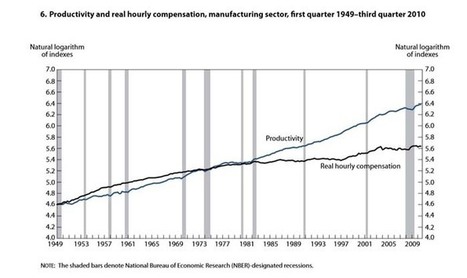



![Joho the Blog » [berkman] Jérôme Hergeux on the motives of Wikipedians | Peer2Politics | Scoop.it](https://img.scoop.it/50winahZ3jb1pnpU1Z7IsTl72eJkfbmt4t8yenImKBVvK0kTmF0xjctABnaLJIm9)



